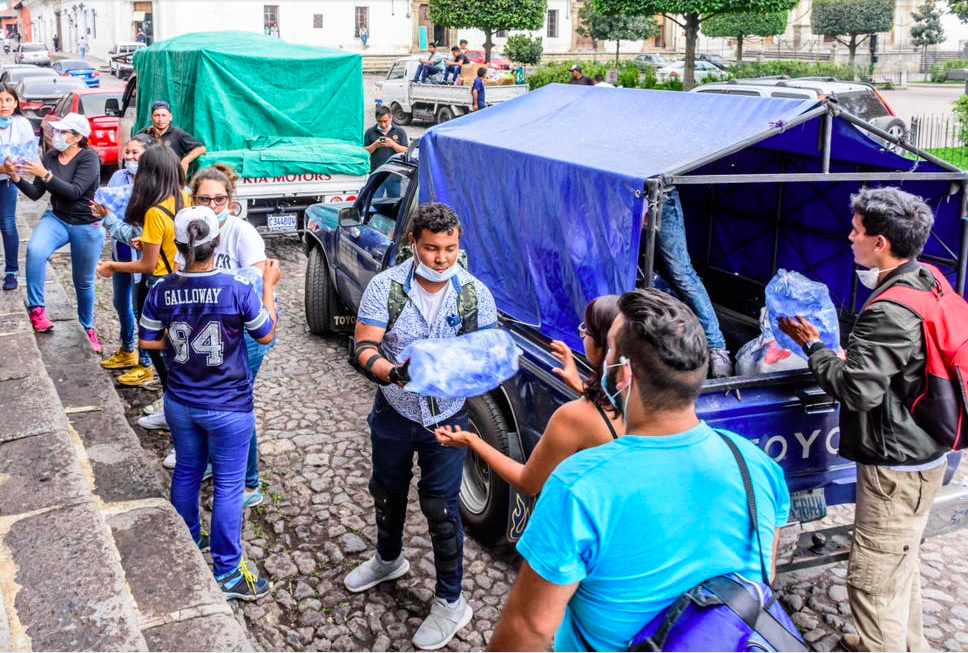The pandemic has created a vast gap between the rich and the poor. Local aid workers have a critical role to play in the response to this pandemic. Amid a global pandemic, unprecedented needs and growing insecurity, aid workers and health-care responders are staying and delivering to the world’s most vulnerable people.
The dedication, perseverance and self-sacrifice of these real-life heroes represent the best of humanity as they respond to the COVID-19 crisis and the massive increase in humanitarian needs it has triggered.
Governments have a duty of care to their citizens and in many instances will be the primary responders in the COVID-19 response. The coronavirus underscores the extraordinary strain on countries coping with the virus to provide relief and demonstrates the limits of donors and international humanitarian agencies to prepare for and effectively respond to the most critical humanitarian emergencies.
However, it is found out that despite money being sent from US and other donors, it goes to international aid instead of the local’s ones. As a result of this flaw it has been observed that a lot of local aid workers are subjected to Covid 19 front lines. These people unfortunately must work and have limited or no means at all.
It is very unfortunate that the pandemic funding is very less and has been directly allocated. The pandemic has left most of the agencies nil as they do not have the resources to fulfil their needs. Some of the organisations have realised the problem and requested the major donors like US, Germany, Japan to give some amount of the international aid money to the local partners. This will help them to bail out from this situation at least.
Now some pandemic-hit donor countries are reducing humanitarian aid —meaning even less money is trickling down to people on the front lines. More than any other humanitarian crisis in recent history, the novel coronavirus pandemic brings into stark view the imperative for humanitarian leadership.
The international aid system’s delay to effectively coordinate and respond to COVID-19 is, in part, understandable. Even if a clear plan for international aid agencies to respond to a pandemic had been prepared, the virus has forced countries across the world into lockdown, curtailing travel and limiting access to populations already in need of humanitarian assistance. Under these extreme conditions, national and local actors are at the forefront of the responses in their own countries.
Local civil society organizations and NGOs, in particular, play a critical role in supporting and supplementing their health systems by raising awareness, training on best practices, or through direct medical care, especially for displaced populations that may not have access to proper healthcare facilities. Yet, little progress has been made to establish the mechanisms needed for donor governments to provide funding to these organizations.
Hence, we realise how local aid workers are suffering during pandemic.
Related: Not only humans, animals can also be at risk of Covid 19: A Report

1 Comment